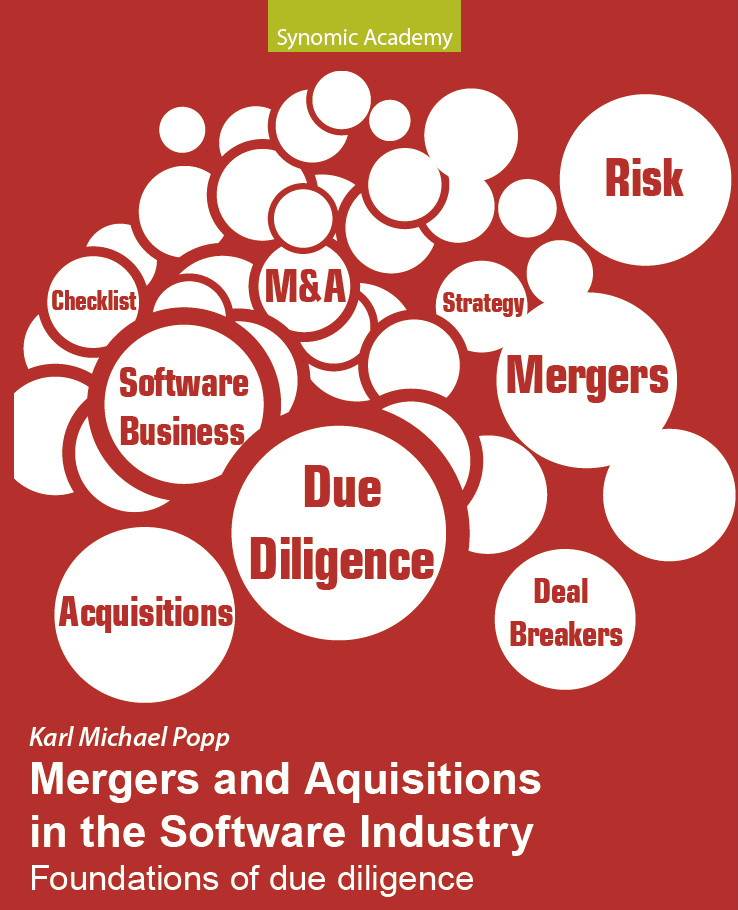How does AI handle noise?
As technology continues to advance at a rapid pace, our lives have become intertwined with artificial intelligence (AI) systems that are capable of performing tasks that were once reserved for human intelligence. From virtual assistants to autonomous cars, AI has revolutionized numerous industries, making our lives more convenient and efficient. But have you ever wondered how AI handles noise?
One of the remarkable abilities of AI is its ability to process and make sense of vast amounts of data. However, in real-world scenarios, noise is an inevitable factor that can significantly impact the performance of AI systems. Noise can come in various forms, such as random fluctuations, errors in data collection, or even intentional interference.
So, how does AI cope with this challenge? It all boils down to the sophisticated algorithms and techniques that power AI systems.
AI algorithms are designed to be resilient to noise by employing various methods of noise reduction and data cleaning. These algorithms are trained on massive datasets with carefully labeled data to differentiate between useful information and noise. By analyzing patterns and making statistical inferences, AI systems can separate the signal from the noise, ensuring reliable and accurate outputs.
Another approach that AI employs to handle noise is through the use of advanced machine learning techniques. By continuously learning from new input data, AI models can adapt and improve their performance over time, regardless of the noise present.
Additionally, AI can leverage techniques such as signal processing and pattern recognition to filter out noise and focus on the essential information. These methods allow AI systems to sharpen their predictions and decisions, even in the presence of high levels of noise.
However, it is worth noting that AI is not infallible when it comes to noise handling. In certain instances where the noise exceeds a certain threshold or is deliberately crafted to deceive the AI system, it can lead to erroneous outputs. Thus, ongoing research and development are necessary to enhance AI's noise handling capabilities and make it even more robust.
AI has made great strides in handling noise and has become increasingly proficient at filtering out irrelevant information. Whether it's tackling noise in speech recognition or enhancing image processing, AI continues to evolve and adapt to better handle real-world noise challenges. As AI technology advances, we can expect further breakthroughs and innovations that will help AI systems defend against noise and deliver even more accurate and reliable results.









